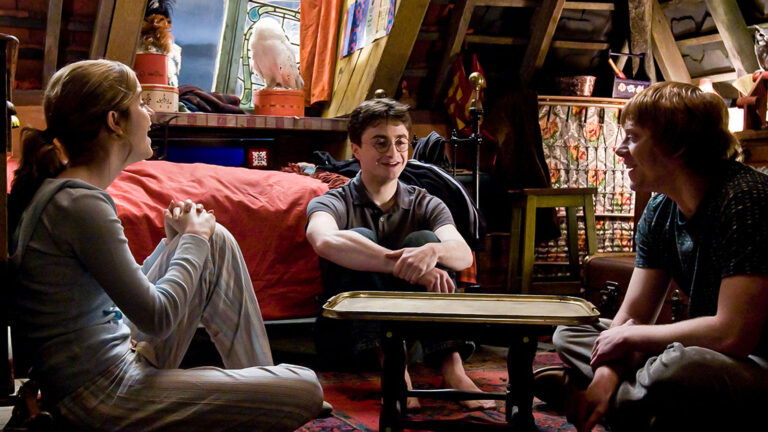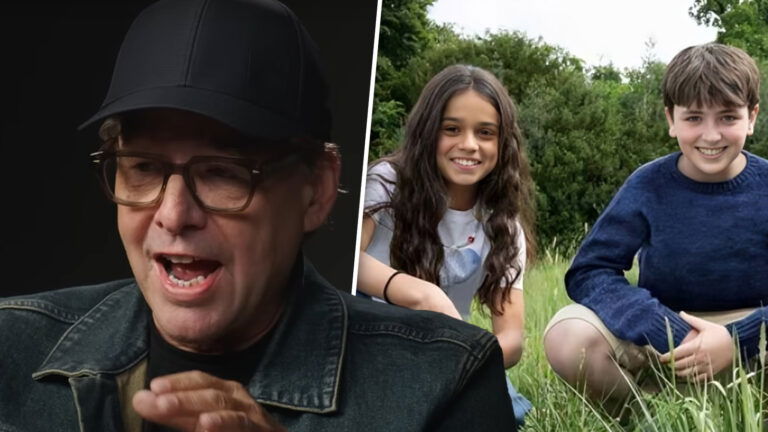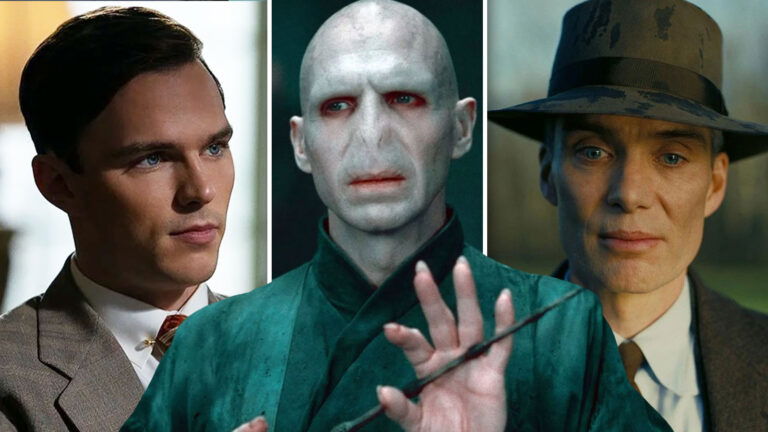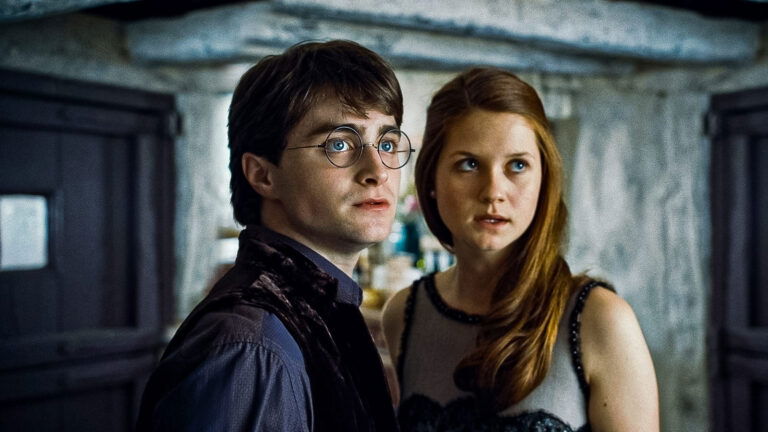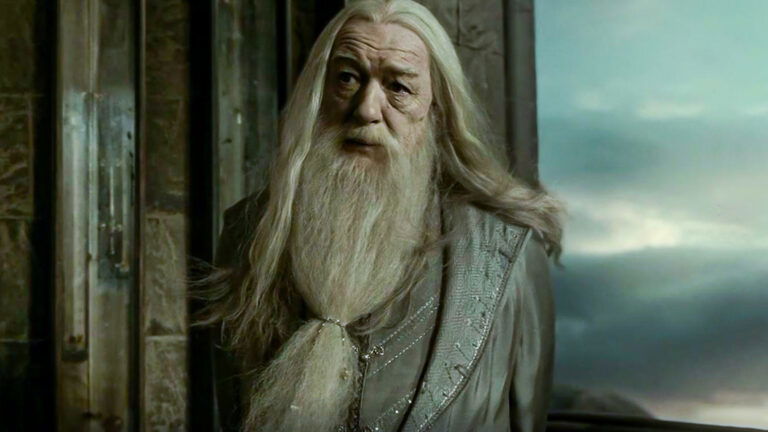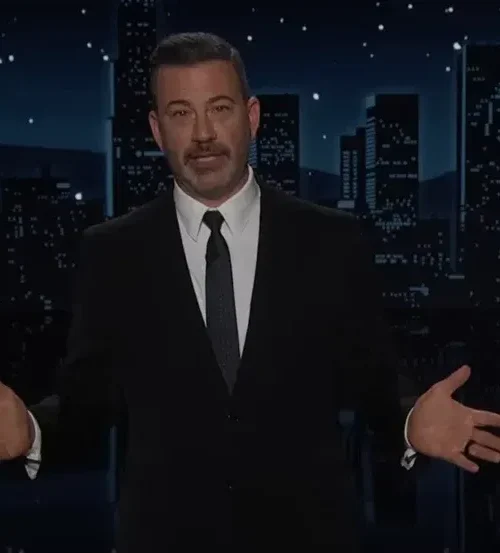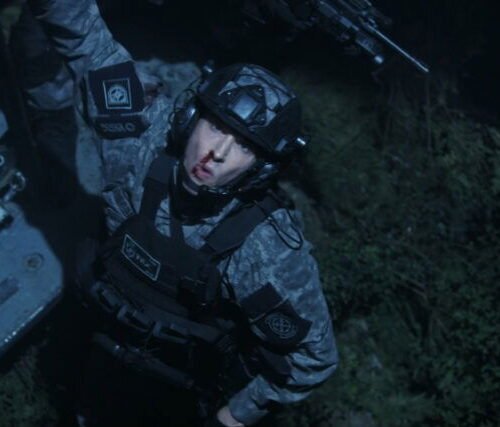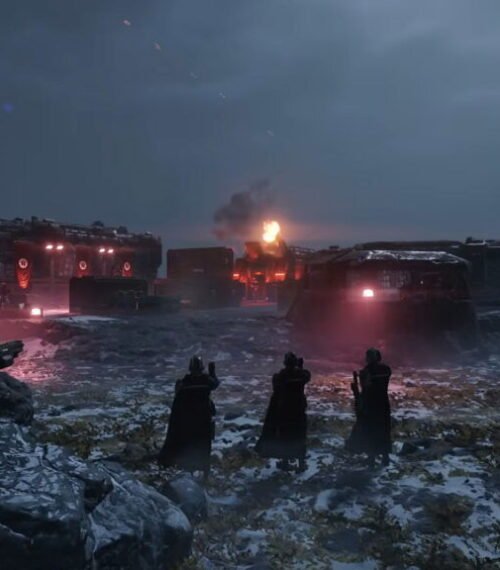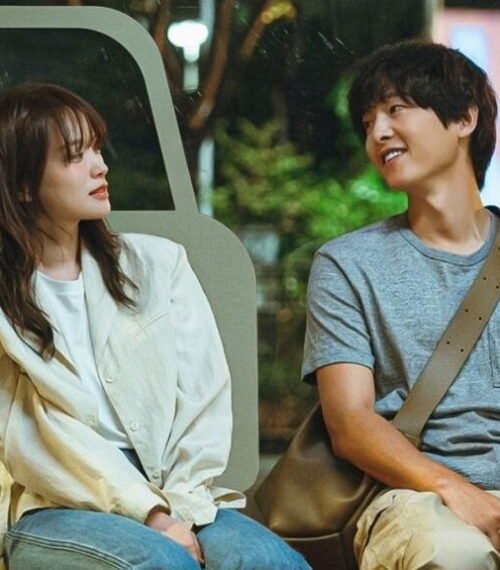Throughout the Harry Potter books, J.K. Rowling has confirmed that there are more than a dozen classes taught at Hogwarts School of Witchcraft and Wizardry, some of which are more enjoyable than others. Like, Defense Against the Dark Arts is easily the most iconic class at Hogwarts, the one that every student and reader wishes they could take.
Who wouldn’t want to learn spells to fight off dark creatures, defend themselves from curses, and maybe even face down a Boggart or two? But it’s just one of many fascinating subjects offered at the wizarding school. Meanwhile, from the elegance of Transfiguration to the messy fun of Herbology, Hogwarts’ curriculum is bursting with magical lessons.
However, even among them, some classes feel vital to survival in the Wizarding World, while others are more niche, quirky, or downright boring. The truth is, not every subject is created equal, which is why students and fans have their favorites. So, let’s take a journey through every Hogwarts class, ranking them from the least exciting to the most magical.
The table contains all the compulsory/optional subjects and the teachers associated:
| Magical Subjects | Compulsory/Optional | Taught By |
| Flying | Compulsory | Madame Rolanda Hooch |
| History of Magic | Compulsory | Professor Cuthbert Binns |
| Astronomy | Compulsory | Professor Aurora Sinistra |
| Herbology | Compulsory | Professors Pomona Sprout |
| Charms | Compulsory | Professor Filius Flitwick |
| Transfiguration | Compulsory | Professors Minerva McGonagall |
| Potions | Compulsory | Professors Severus Snape & Horace Slughorn |
| Defense Against Dark Arts | Compulsory | Quirinus Quirrell, Gilderoy Lockhart, Remus Lupin, Alastor Moody (Barty Crouch Jr.), Dolores Umbridge, Severus Snape, & Amycus Carrow |
| Divination | Optional | Professor Sybil Trelawney |
| Alchemy | Optional | — |
| The Study of Ancient Runes | Optional | Professor Bathsheda Babbling |
| Muggle Studies | Optional | Professors Charity Burbage |
| Arithmancy | Optional | Professor Septima Vector |
| Apparitions | Optional | Instructor Wilkie Twycross |
| Care for Magical Creatures | Optional | Professors Rubeus Hagrid, Silvanus Kettleburn, & Wilhelmina Grubbly-Plank |
Compulsory Subjects Ranked
8. Flying (For First Years Only)
Flying is, without a doubt, one of the most exciting classes offered at Hogwarts. After all, what could top the thrill of soaring through the sky on a broomstick for the first time? Madame Hooch introduces first years to the basics, like summoning their broom, learning control, practicing balance, and eventually gaining the confidence to actually lift off the ground.
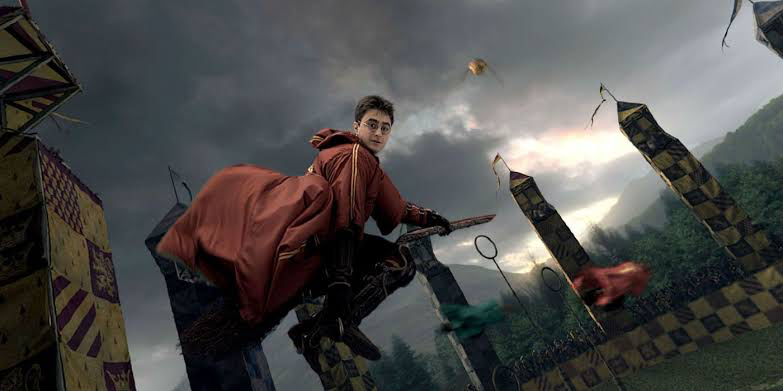
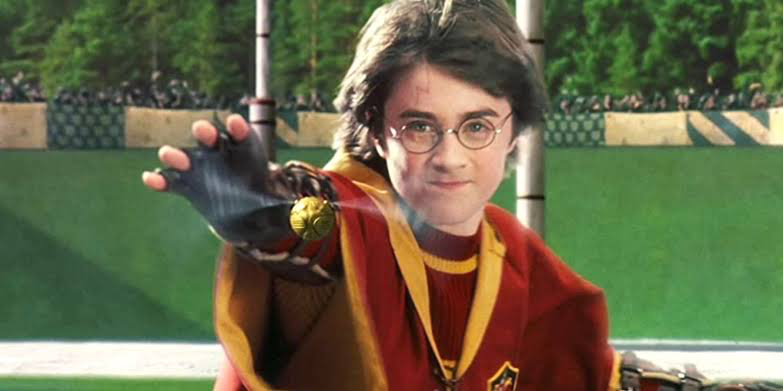

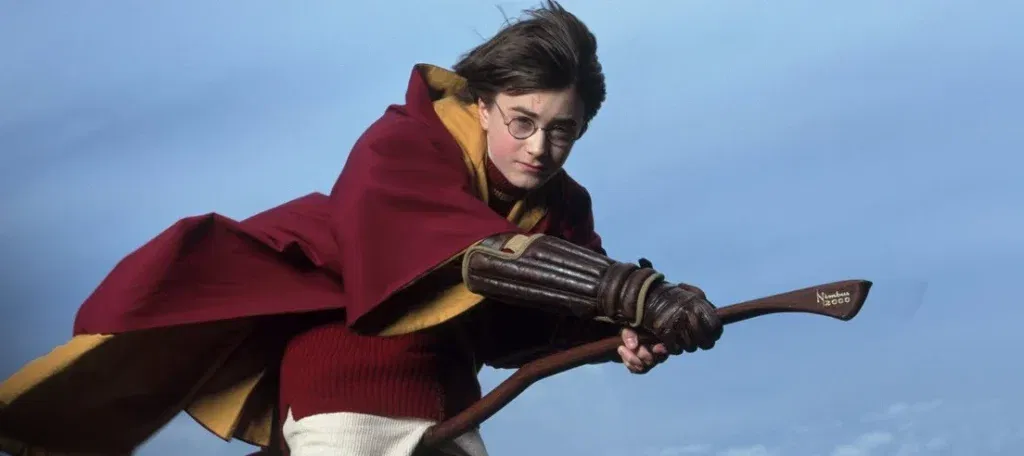
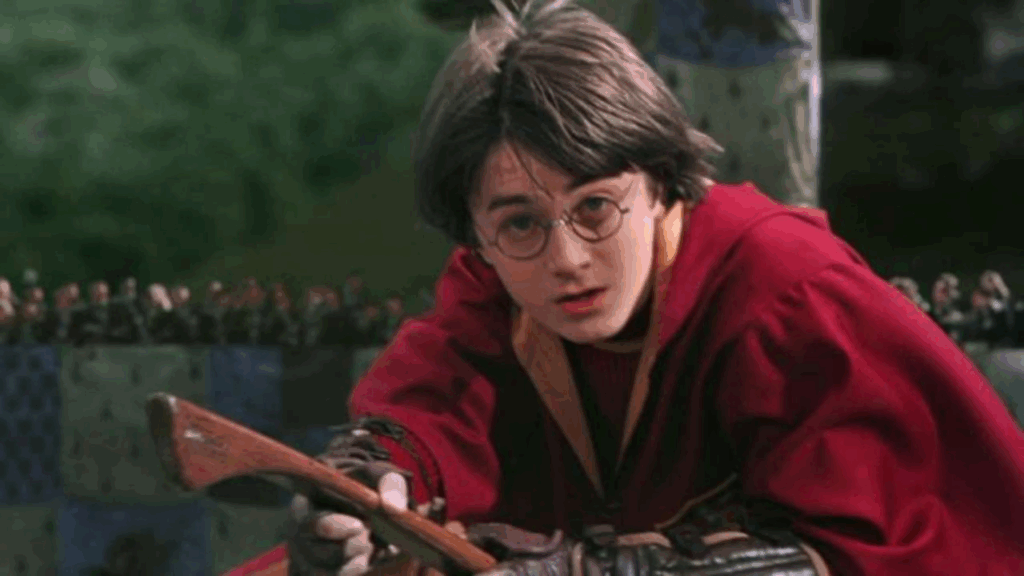
It’s exhilarating, dangerous, and pure magic rolled into one. Harry’s first flying lesson even set the stage for his career as a Seeker, proving how life-changing this class can be. Still, despite all its fun, Flying doesn’t really stack up against the long-term subjects since it’s only taught in the first year. Students don’t continue broomstick training once they’ve mastered the basics, so it’s more of an initiation than a full-fledged class.
7. History of Magic
History of Magic proves that no matter how magical a world might be, history class is destined to feel dull. Taught by Professor Binns (the only ghost on staff), this subject covers thousands of years of wizarding history, from giant wars to goblin rebellions. On paper, this should be fascinating, offering wizarding students a chance to understand the battles, politics, and figures that shaped their world.
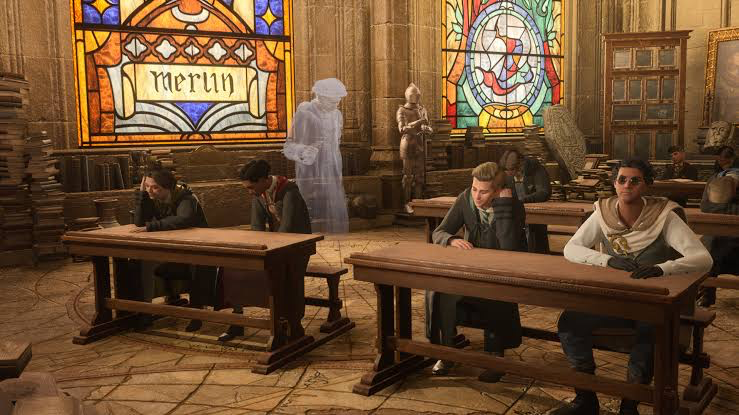
Yet, much like in the Muggle world, the problem isn’t the subject; it’s the teaching. Binns’ monotonous voice and lack of questioning sessions make the stories feel boring. Even epic tales like the International Warlock Convention of 1289 or the brutal Goblin uprisings get reduced to sleep-inducing lectures. Students struggle to stay awake, let alone remember dates and names.
So, much like Muggle kids groaning over long history textbooks, Hogwarts students find History of Magic one of the most exhausting, uninspiring subjects of all.
6. Astronomy
Astronomy is yet again another addition to the boring compulsory classes. On the surface, it’s not too different from the kind of stargazing you’d do in the Muggle world. Except at Hogwarts, under the guidance of Professor Sinistra, students climb the Astronomy Tower at midnight to study planets, stars, and constellations.
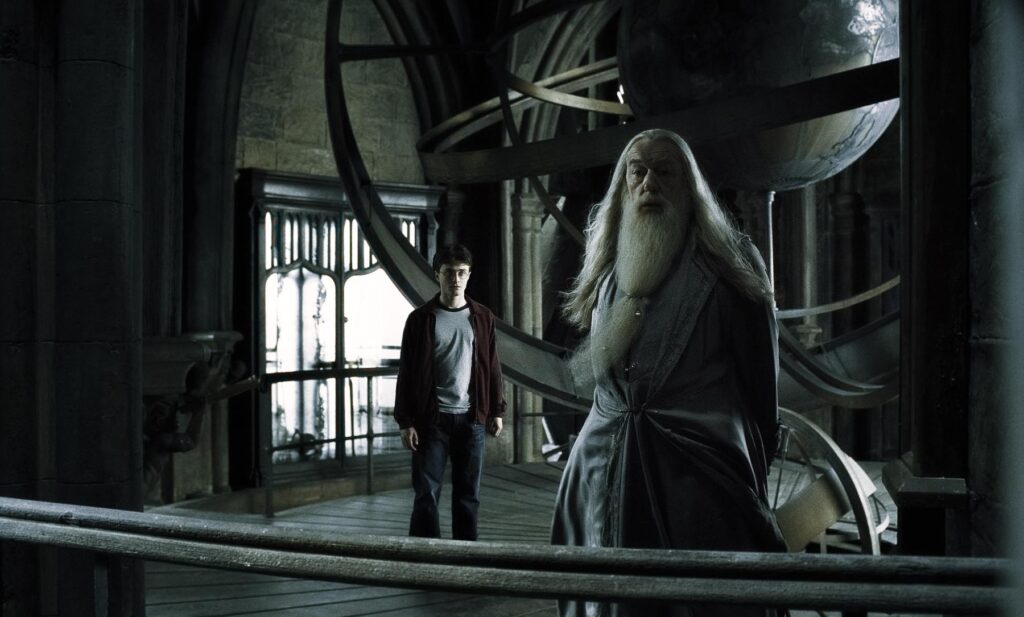
While there’s little spellcasting involved, the subject isn’t without importance. The magical properties of celestial movements often influence potions, spellwork, and even divination. Still, for many students, late-night lessons combined with complex charts make it one of the drier subjects. Although useful, it’s not necessarily exciting—unless you’re obsessed with the night sky.
5. Herbology
Herbology is the Hogwarts equivalent of gardening. Instead of daisies and roses, students deal with Devil’s Snare, Mandrakes, and Venomous Tentacula. Taught in the magical greenhouses by Professor Sprout, the class focuses on studying, growing, and harvesting magical plants and fungi.
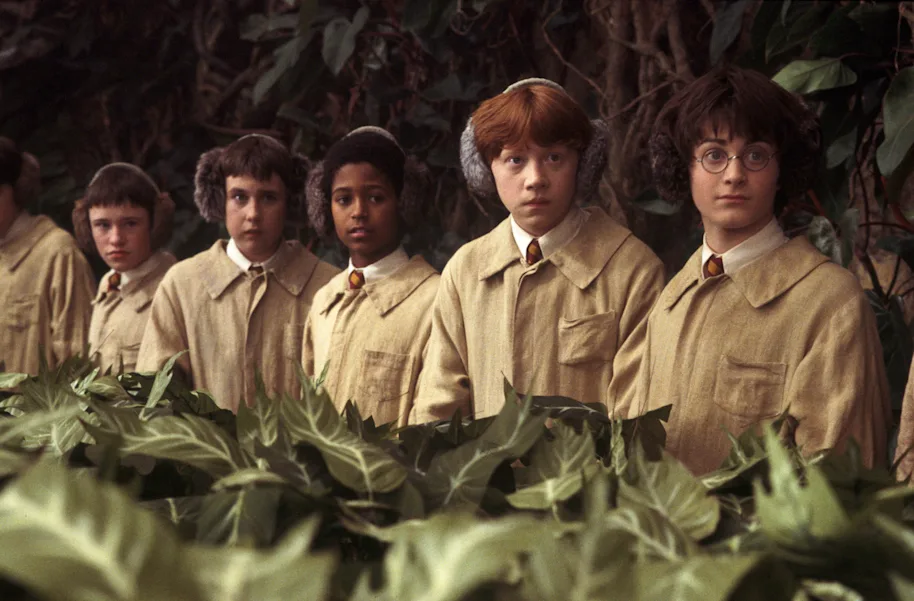
That’s what makes Herbology one of the most practical lessons in the wizarding curriculum. The plants raised in class often become lifesaving ingredients for potions and spells, from Mandrake Restorative Draught to dittany for healing. Of course, not every student enjoys digging in the dirt or wrangling dangerous plants, which makes Herbology feel exhausting for some.
Still, time and again, Harry and his friends have benefited from the knowledge gained in these greenhouses. Whether it’s helping to save lives in Chamber of Secrets or preparing for the dangers of war, Herbology proves itself far more useful than students might initially expect.
4. Charms
Charms is easily one of the most fascinating subjects at Hogwarts, and for good reason. Unlike some of the more theory-heavy classes, Charms is all about doing magic. From the very first lesson, students learn spells that can change their everyday lives, like levitating objects with Wingardium Leviosa or summoning them with Accio.
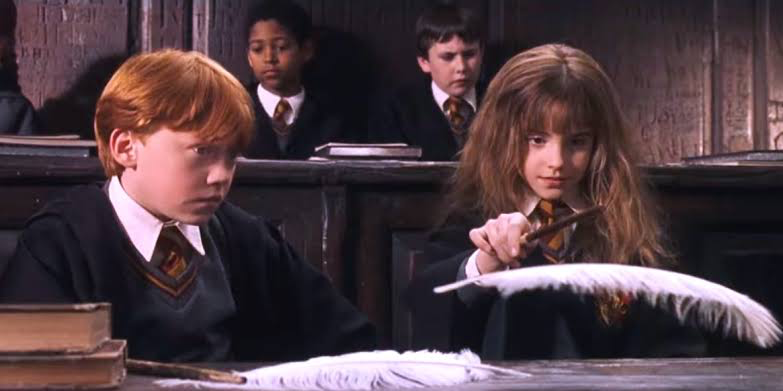
The magic taught here isn’t flashy. Instead, it’s practical, versatile, and endlessly fun. Under the cheerful guidance of Professor Flitwick, students are encouraged to master precision, wand movements, and pronunciation, all of which make charmwork both challenging and rewarding.
Whether it’s unlocking doors, silencing noise, or conjuring protective enchantments, charms are spells that every witch and wizard uses daily. With its mix of usefulness, fun, and variety, Charms earns its place as one of Hogwarts’ most captivating classes.
3. Transfiguration
Transfiguration is one of the most advanced and mind-blowing classes at Hogwarts, combining the precision of science with the wonder of magic. Taught by Professor McGonagall, it challenges students to transform one object into another, like matches into needles, animals into goblets, and gradually proceeds into complex territories.
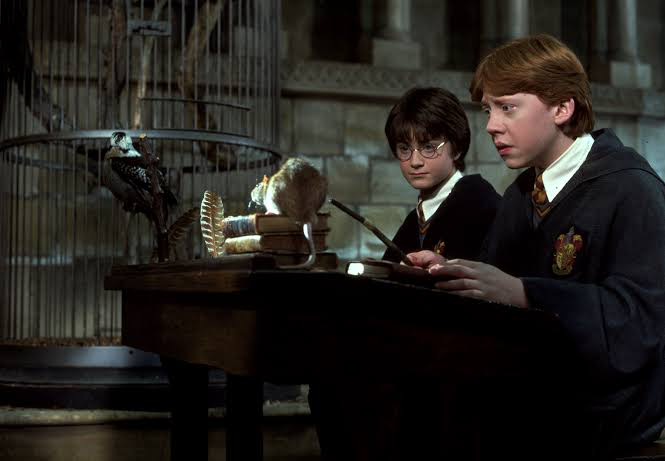
Meanwhile, what makes Transfiguration so fascinating is its sheer scope. There are multiple branches, from cross-species transfiguration to full human transfiguration, each demanding immense precision and skill. Still, the rewards are extraordinary. Wizards who master this subject can pull off brilliant transformations, and some can even push their abilities further to become Animagi.
The mix of danger, challenge, and incredible magical potential makes Transfiguration both an intimidating and thrilling class at Hogwarts.
2. Potions
Potions are often compared to chemistry, but with far higher stakes and infinitely more intrigue. In theory, it’s a straightforward process: gather ingredients, follow the recipe, and produce the desired effect. However, in practice, Potions demands extraordinary precision and an encyclopedic knowledge of magical plants, roots, and rare substances.
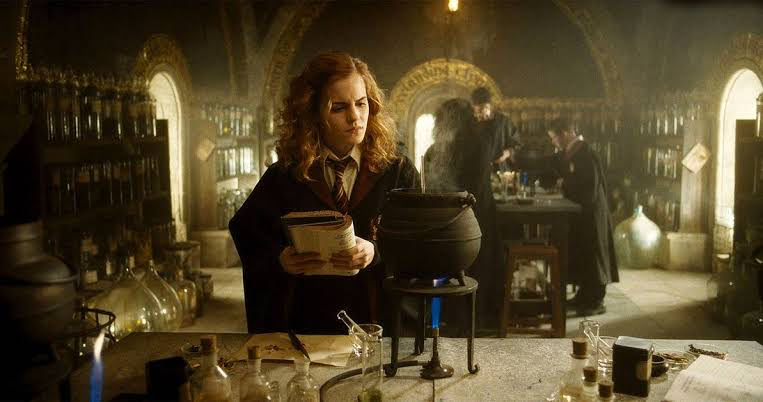
From brewing Polyjuice Potion to crafting Felix Felicis, the subject offers endless possibilities for both wonder and danger. It’s one of the most fascinating areas of magical study, capable of healing, transforming, or even harming, depending on the brewer’s intent. Unfortunately, what should be an engaging class is soured by the presence of Professor Snape.
His favoritism toward Slytherins and harsh treatment of others made the classroom atmosphere tense and discouraging. Yet, despite the misery Snape brought, which Horace Slughorn later replaced, Potions remains one of Hogwarts’ most valuable and intriguing subjects.
1. Defense Against Dark Arts
Defense Against the Dark Arts is not only the most vital subject at Hogwarts, but also the most infamous. Thanks to Voldemort’s curse on the position, no professor has ever lasted more than a year, making it both unpredictable and exciting. Each teacher, from Quirrell to Lockhart, Lupin to Barty Crouch Jr., and Umbridge to Snape, brought their own unique flair.
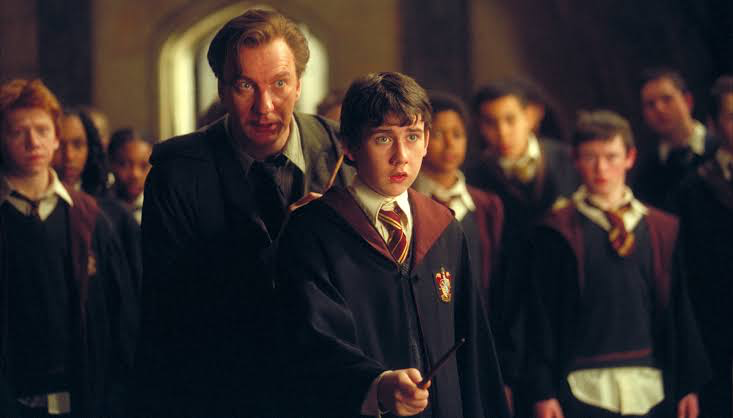
Even Harry himself eventually took on the role, inspiring Dumbledore’s Army. This constant rotation ensured that students were exposed to wildly different teaching styles, from inspiring to disastrous. Despite the chaos, DADA remained the most practical, thrilling, and essential subject, proving that even a curse couldn’t diminish its importance in preparing young wizards for survival.
Optional Subjects Ranked
7. Divination
Divination sounds fascinating in theory—looking into crystal balls, reading tea leaves, and unlocking the secrets of dreams. But in practice, it’s one of Hogwarts’s most boring and least practical classes. Unlike Charms or Transfiguration, where results are immediate and tangible, Divination relies heavily on vague predictions and intuition.
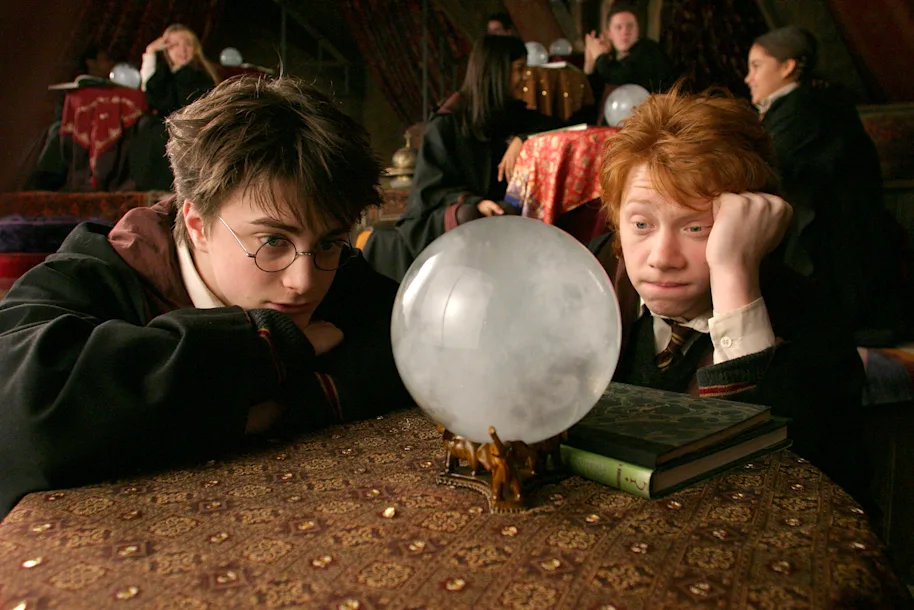
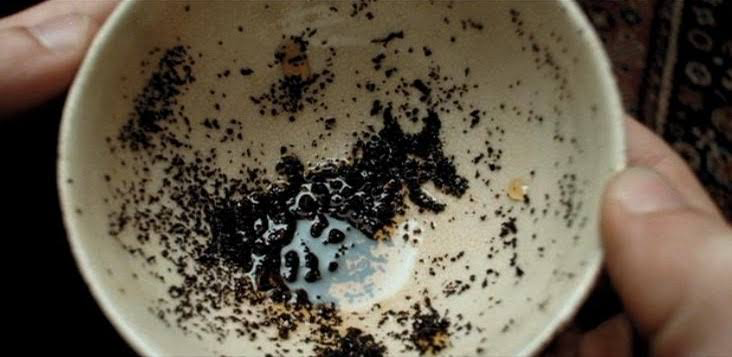
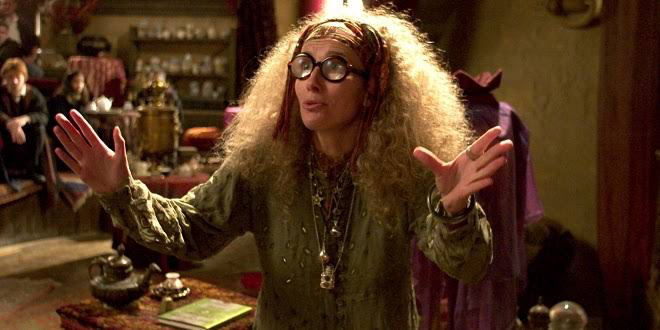
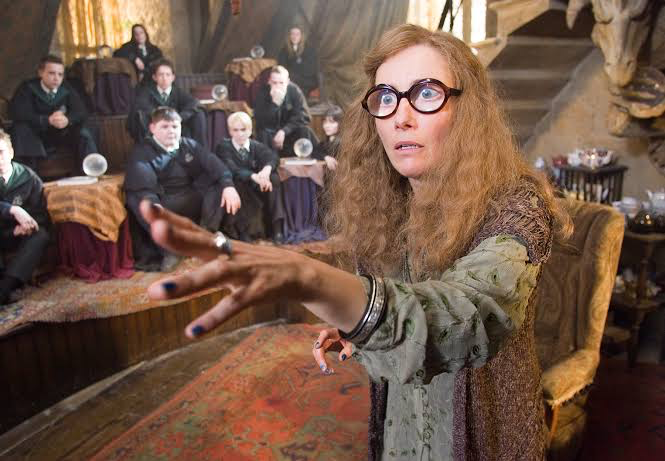

Even professors like Dumbledore and McGonagall questioned its academic value, considering it more guesswork than real magic. While a handful of students, like Professor Trelawney herself, take it seriously, most students, including Harry, Ron, and Hermione, find it laughable. Optional or not, Divination quickly becomes the subject students dread attending.
6. Alchemy
Alchemy is one of Hogwarts’ most mysterious and specialized subjects, offered only to sixth and seventh years if enough students show interest. Rooted in both magical and Muggle traditions, it explores the transformation of substances, the creation of universal cures, and even the pursuit of immortality.
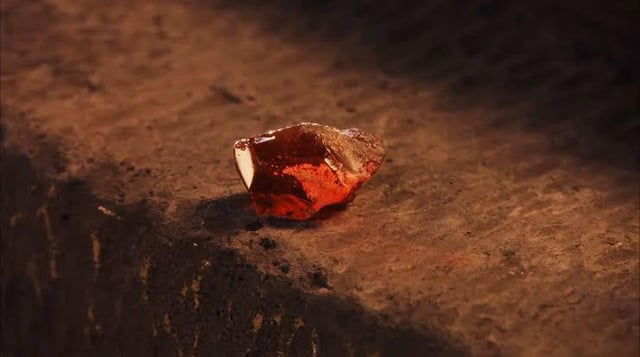
With ties to legendary figures like Nicolas Flamel, who created the Philosopher’s Stone, Alchemy carries an air of wonder and secrecy. However, its complexity and rarity make it one of the least accessible and interesting classes. While certainly fascinating, most students never get the chance to study it, leaving it more myth than everyday Hogwarts reality.
5. The Study of Ancient Runes
The Study of Ancient Runes is Hogwarts’ version of a language class, except instead of French or Latin, students are decoding the magical scripts of ancient wizards. It’s an academic, theory-heavy subject that focuses on understanding symbols and their meanings, often tied to long-lost spells and magical cultures.
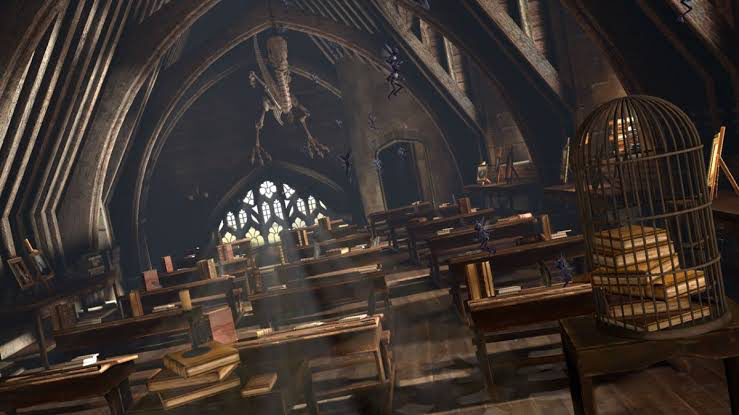
While it may not involve wandwork, its importance can’t be overstated. After all, Hermione’s knowledge of runes proves helpful during the hunt for Horcruxes. Like learning any new language, some students find it fascinating, while others struggle with its complexity. Though not flashy, Ancient Runes offers a solid foundation for serious magical scholarship.
4. Muggle Studies
Muggle Studies is designed to help young witches and wizards understand the everyday lives of non-magical people, everything from electricity to simple mechanics. For most students, it’s an odd, sometimes amusing class, especially when lessons involve diagrams of Muggles lifting heavy objects or explanations of telephones.
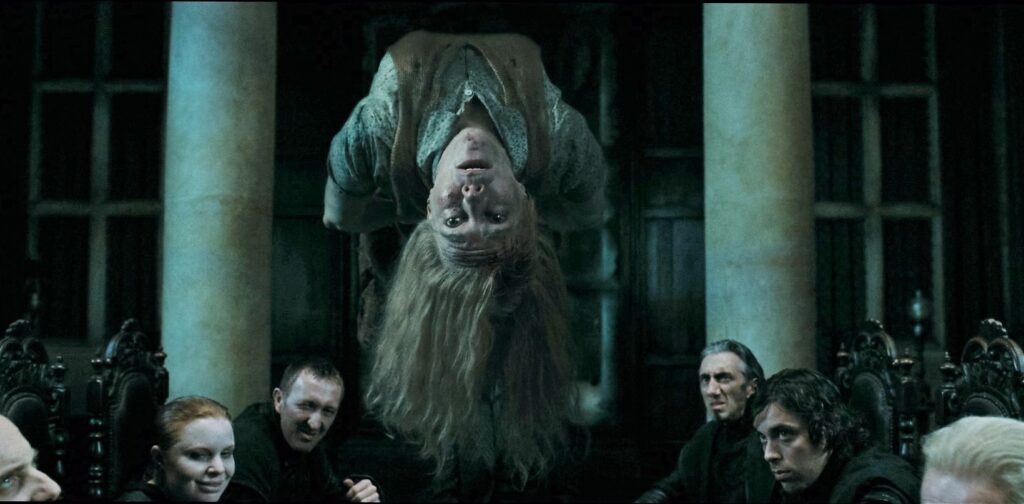
But for Arthur Weasley, this subject might as well have been the highlight of his life. His fascination with plugs, batteries, rubber ducks, and “flying” airplanes makes him the ultimate fanboy of Muggle culture. While some students roll their eyes, Muggle Studies plays an important role in bridging the magical and non-magical worlds.
3. Arithmancy
Arithmancy is one of the more mysterious subjects at Hogwarts, often described as “magical math.” Though never fully detailed in the books, it involves assigning numerical values to words and using calculations to reveal hidden meanings or even predict the future. The “-mancy” in its name suggests a link to divination, though with a more structured, logical approach.
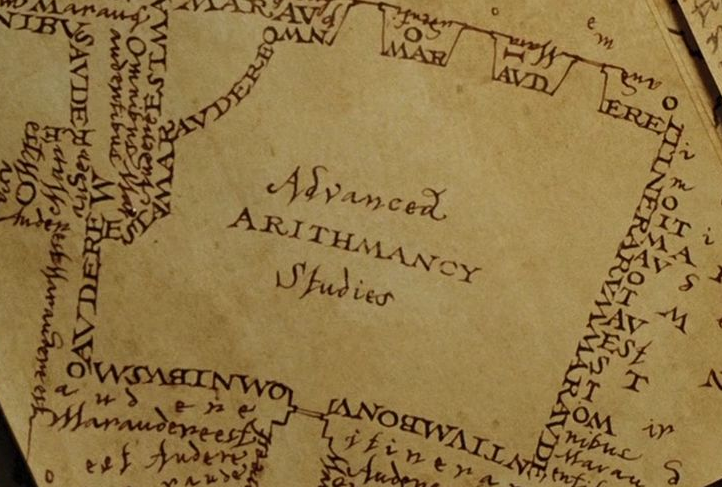
Unsurprisingly, Hermione loves the subject, tackling its complex charts and equations with ease. Bill Weasley also studied it as part of his Gringotts curse-breaker training. For students with a head for numbers, Arithmancy is fascinating, though for others, it’s a headache.
2. Apparitions
Apparition might just be one of the most interesting optional subjects at Hogwarts, teaching students the magical art of teleportation. A Ministry instructor leads a 12-week course, preparing students to take the official test for their license once they turn 17. It’s an incredibly difficult skill to master, requiring perfect focus and precision, but the payoff is huge.
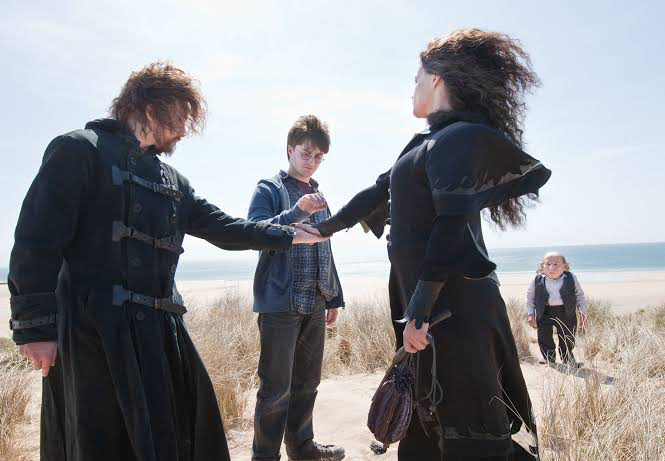
Being able to instantly travel from one place to another makes it one of the most useful magical abilities in the Wizarding World. While students often groan about the strict lessons and the risk of “splinching,” Apparition remains an exciting, practical subject with life-changing rewards.
1. Care for Magical Creatures
Care of Magical Creatures is one of the most exciting and hands-on electives at Hogwarts, available from third year onward. Led by Hagrid, the class lets students interact directly with some of the Wizarding World’s most fascinating beasts, from gentle unicorns and loyal Hippogriffs to mischievous Nifflers and eerie Thestrals.
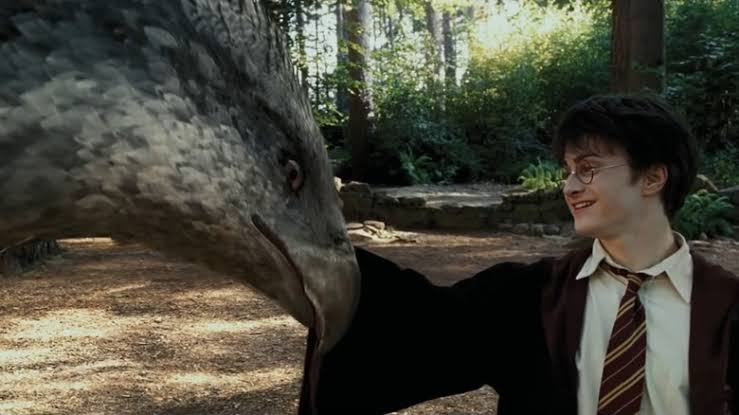
While the subject has its ups and downs (thanks in part to Draco Malfoy’s incident with Buckbeak), it remains a fan-favorite for the sheer variety of creatures introduced. Not to mention, Charlie Weasley and Newt Scamander are two of the most renowned characters from the Harry Potter universe who made their careers out of this subject.
Therefore, it’s the perfect blend of adventure and education for students with patience and curiosity. And for some, like Charlie and Newt, this subject marks the first step toward becoming Magizoologists.
Share your opinion on which is your favorite subject at Hogwarts.
Harry Potter films are currently streaming in the US on HBO Max.

